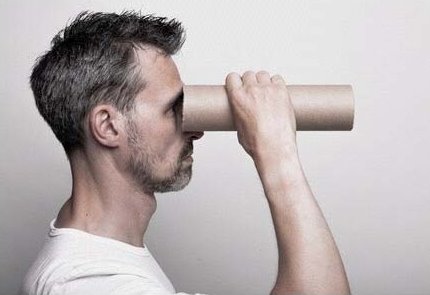As soon as I get my medication right, nothing will obstruct me from achieving my goals. Have you ever said that before giving more attention to fine-tuning your medication than using your brain to accomplish something?
As soon as I get into a daily routine of meditating and exercisng, I will be on the path to success. Have you said that and then wasted time criticizing yourself for “never having time” to meditate and exercise?
As soon as I get my system in place, I will be able to do my job well. Have you ever said that before giving more attention to your system than the actual tasks that your system was designed to support?
Pema Chodron, a wise Tibetan teacher, wrote this in her book, Start Where You Are: “As long as you are wishing for things to change, they never will. As long as you’re wanting yourself to get better, you won’t. As long as you have an orientation toward the future, you can never just relax into what you already have or already are.”
I believe that many—perhaps most—adults with ADHD have brains that are good enough to actualize their vision. No doubt, you can enhance your brain’s functioning with medicine, meditation, exercise, healthy diet, and sufficient sleep. But isn’t that true for anyone’s brain? We should make every effort to sharpen the tool. It helps.
But what happens to you after you have spent a great deal of time and energy sharpening a tool that you don’t use? You criticize yourself. You create a layer of self-defeating mental activity. Then you believe that the image of an incompetent self that you just created is who you are, rather than what you are doing, creating an image.
What good is a sharpened tool if you aren’t building anything? What good is your system if it is not serving you? What good is your medicine if you use it to focus on low-priority activity that is unrelated to your vision. What good is intention to meditate?
Dreading the job of cleaning your kitchen after a social event can feel overwhelming. Feeling overwhelmed makes it difficult to start. Wash just one dish and see what happens next. It is more useful than fussing about a messy kitchen your ADHD brain.
Abandon your chronic wish for a better brain. Accept the one you have and keep moving forward. Hal David and Burt Bacharach wrote about abandoning hope of fruition in a popular song that Dusty Springfield recorded in 1964. Doing is more likely to get you where you want to go than “wishing and hoping and thinking and praying.”
Abandon hope of fruition and do something…one thing…right now. Doesn’t that make life feel more manageable?
Share your successful strategies for substituting action for “hope of fruition.”

